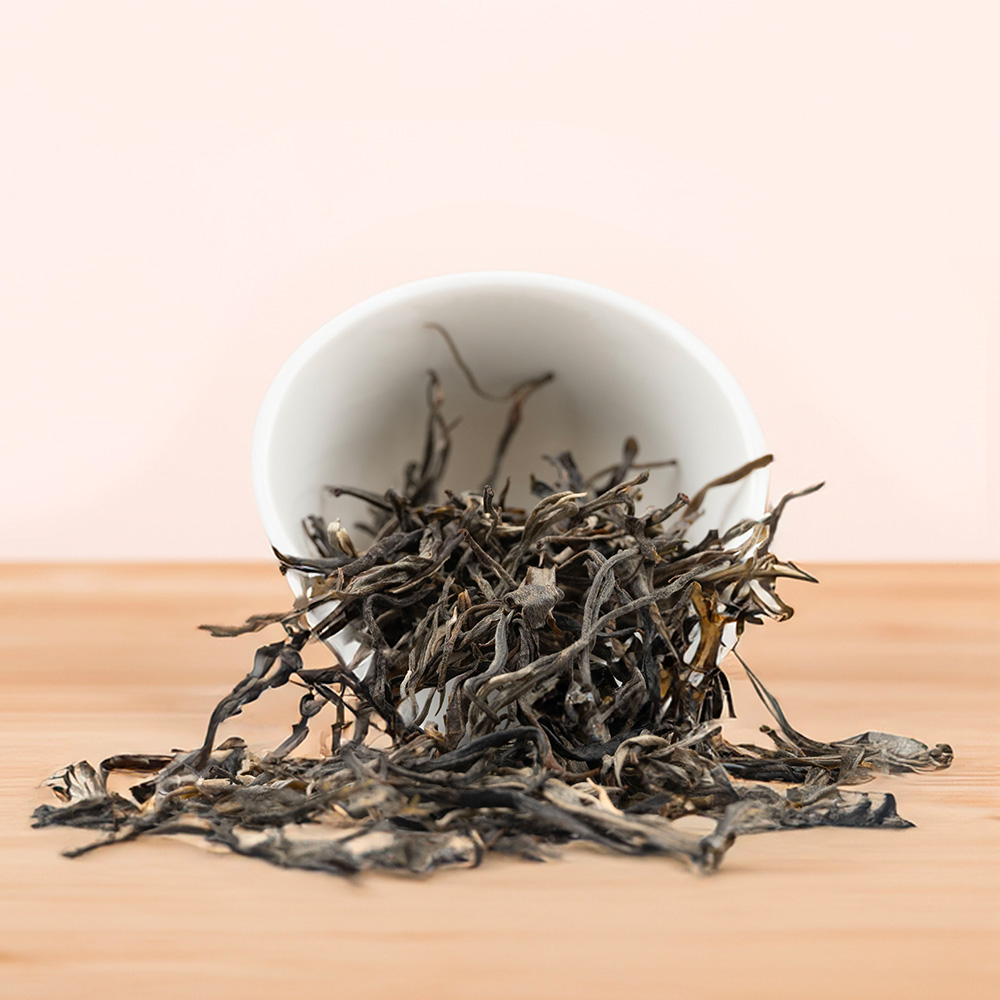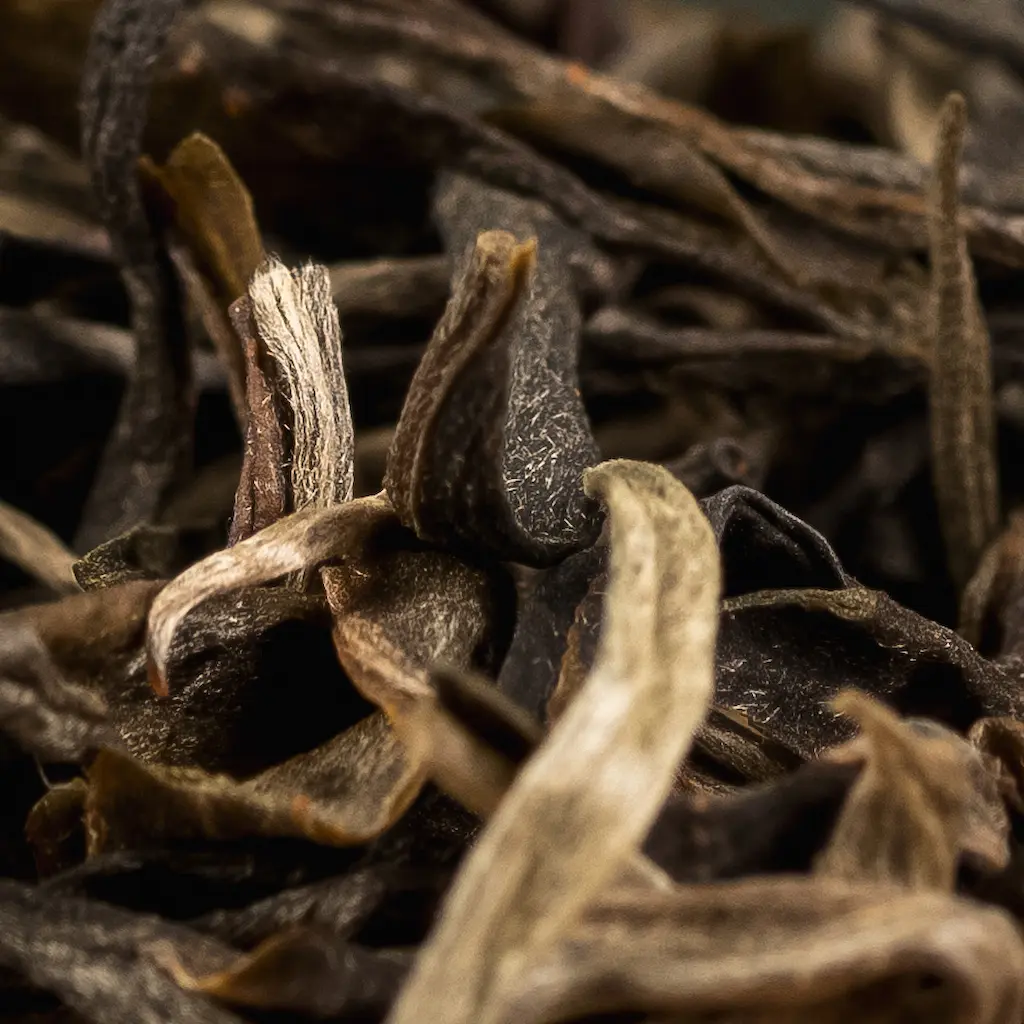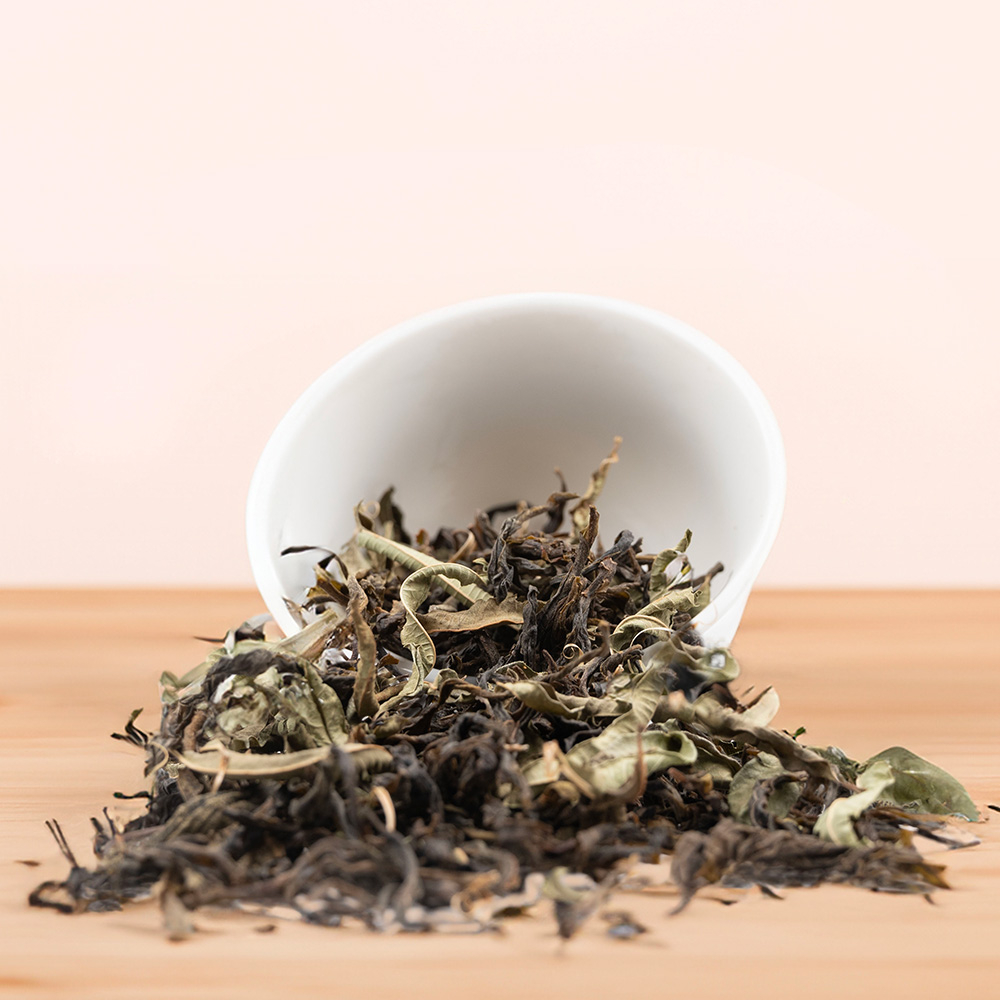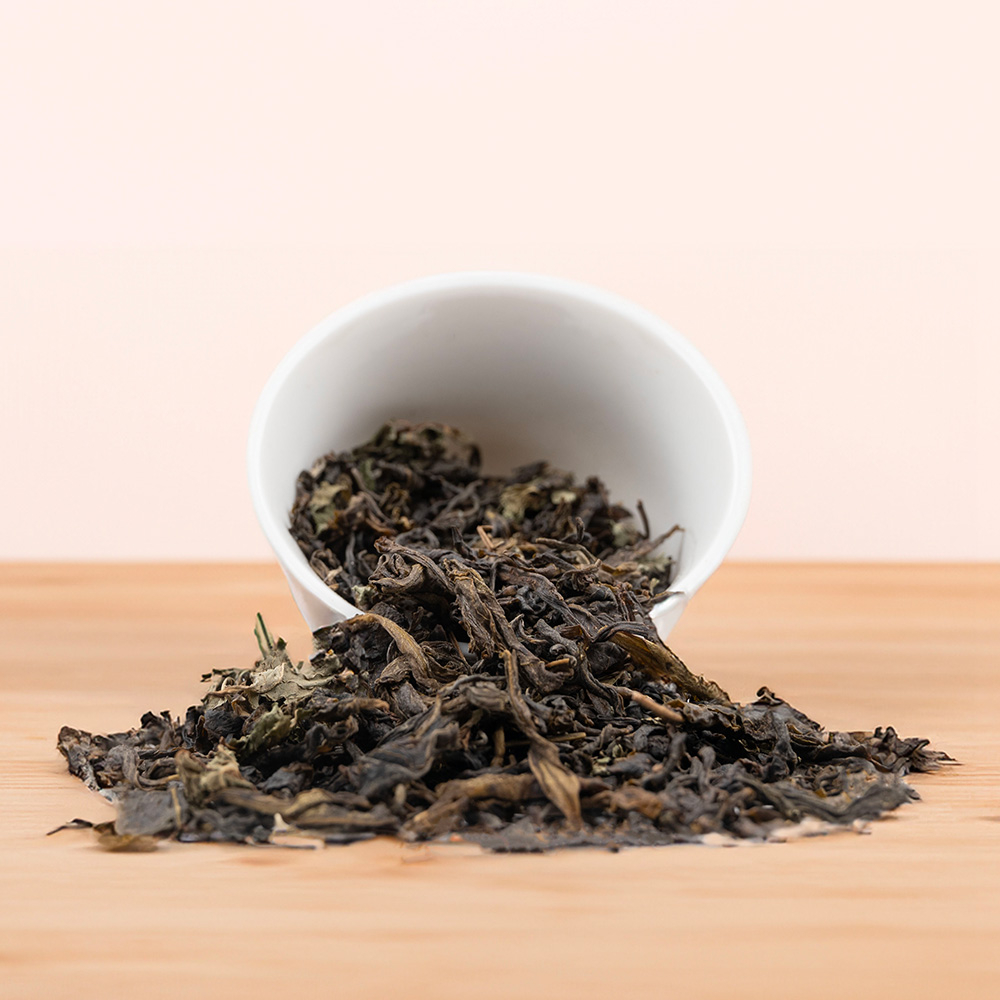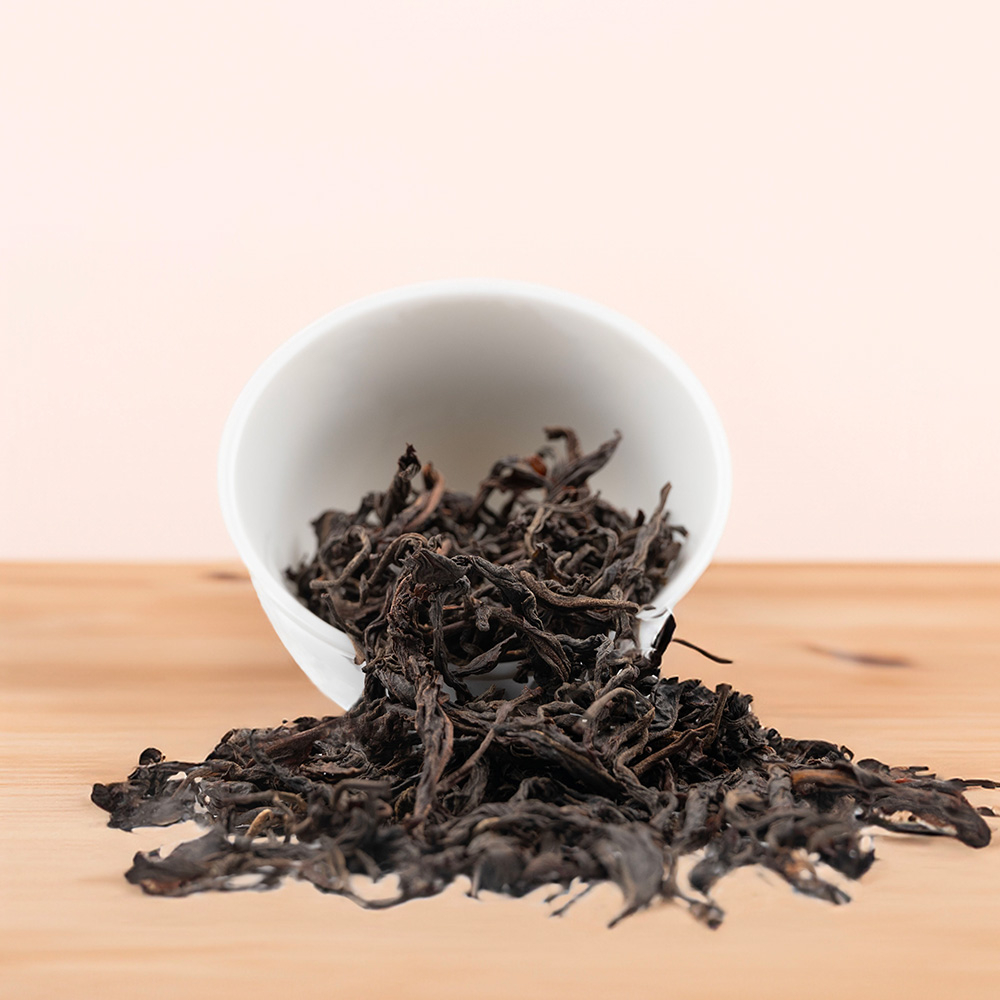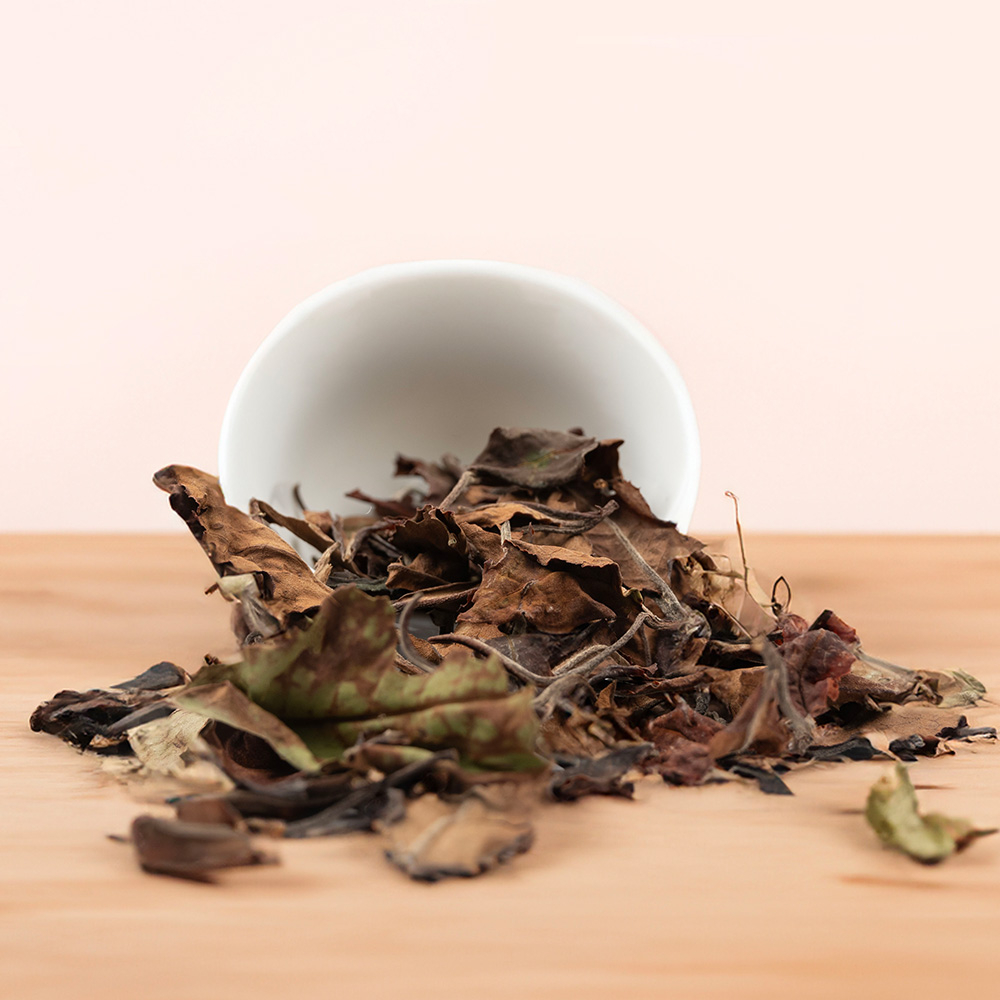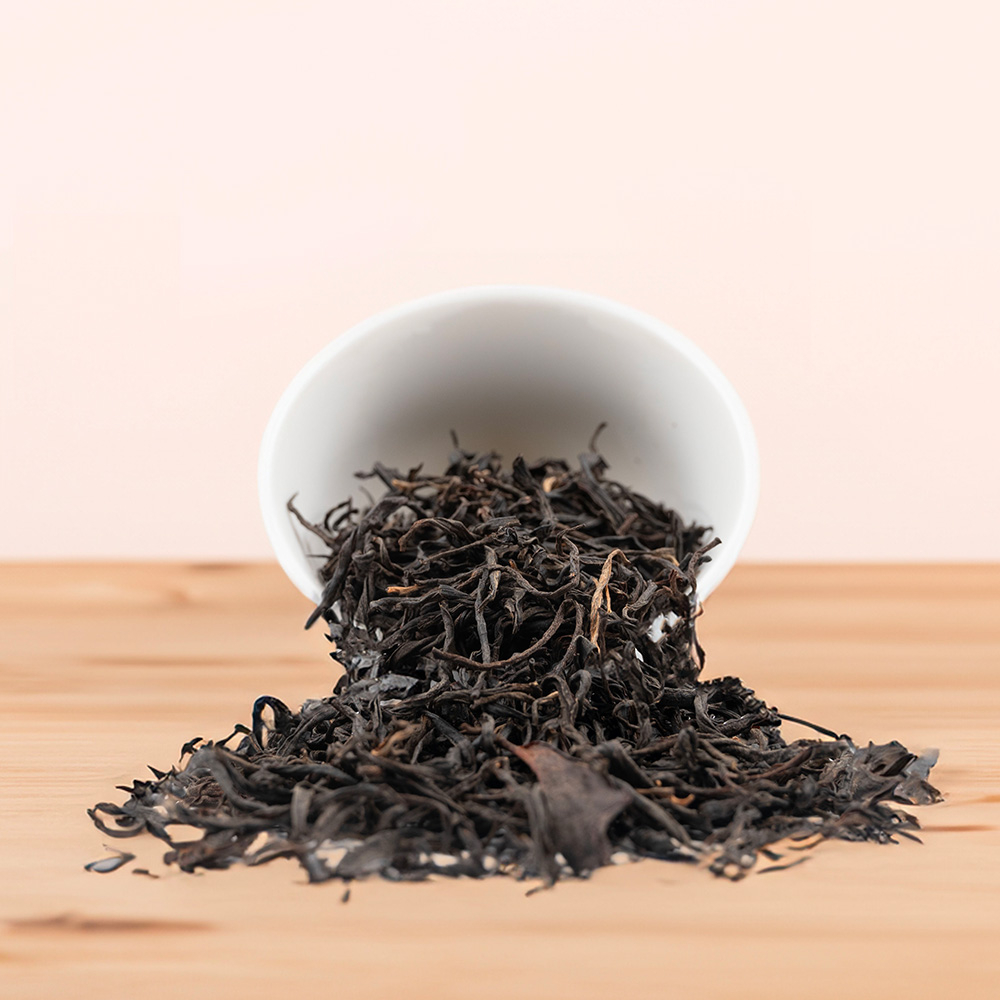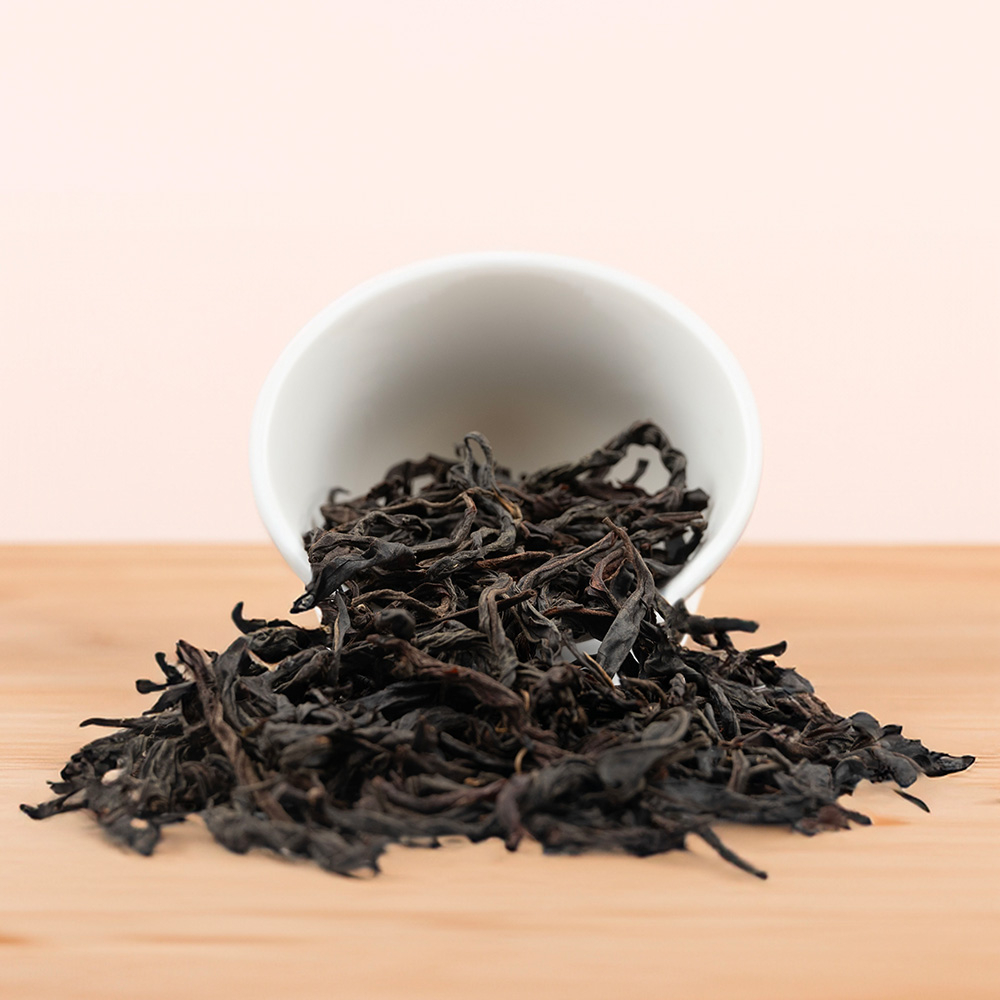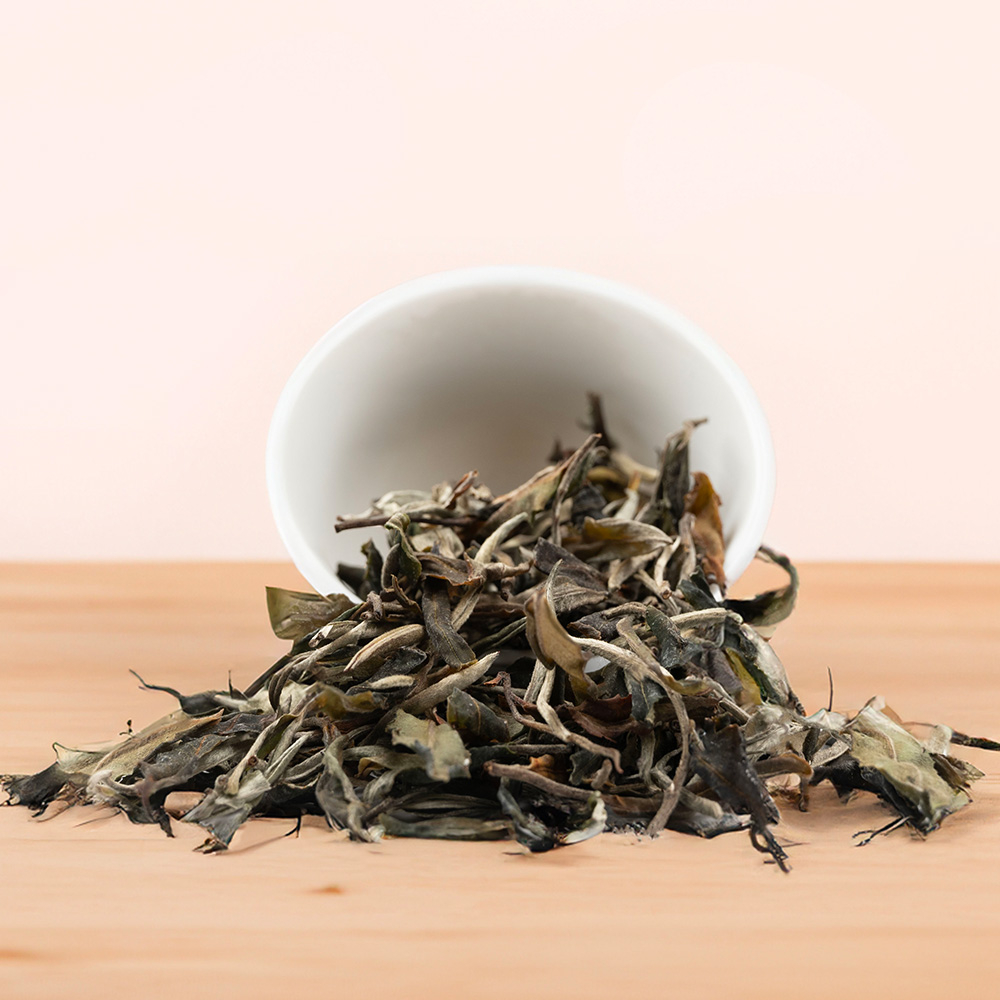More About Tiny Temple
Tiny Temple Green Tea transports you to the dazzling landscapes of Myanmar, embodying the rich cultural heritage and pristine environment of its origin.
This carefully hand-crafted, award-winning tea, honoured by the Leafies Awards from the UK Tea Academy, boasts fresh and floral flavours, complemented by delightful notes of citrus and tropical fruits.
Brewing Tips
Quantity of tea leaves: 3 gram
Temperature of water: 70° – 80°
Infusion time: 3 minutes
Maximum number of infusions: 3 times
Begin by heating water to 70° – 80°C, the optimal temperature to bring out the invigorating flavours of Tiny Temple. If brewing the tea Western style, place about 3 grams of Tiny Temple leaves into your teapot or infuser (about 250 ml), ensuring there is ample space for the leaves to expand and release their essence. Pour the heated water over the leaves, fully covering them, and let them steep for 3 minutes for the initial infusion.
Enjoy up to three infusions, maintaining the water temperature at 70° – 80°C and slightly extending the brewing time for each subsequent infusion to fully appreciate Tiny Temple’s refreshing floral and fruity profile.
If you are brewing using the Eastern gong fu cha method, use around 5 grams of leaves for your gaiwan or small teapot (around 120 ml).
Regardless of the brewing technique, Tiny Temple will consistently deliver a delicious infusion. This tea pairs well with dried apricots, nuts, and savoury foods such as sourdough toasts, peanut butter, and other brunch foods and snacks.
Read more about how to brew a delicious cup of tea.
Tasting Profile
Tiny Temple Green Tea offers a refreshing and invigorating experience, brimming with healthy polyphenols that reflect the pristine environment of its origin. The dry leaves emit a sweet, herbaceous aroma, with pleasant notes of toasted sunflower seeds and freshly baked oatmeal cookies.
Upon infusion, Tiny Temple reveals a light, clear yellowish-orange liquor. After the rinse or infusion, the warmed-up leaves release a bouquet of sweet citrus and tropical fruit notes, reminiscent of lychee, multivitamin juice, and apple jam, alongside hints of Southeast Asian cuisine such as cooked young sweet bamboo shoots and a subtle touch of marine undertones.
The taste is floral and clean on the palate, providing a balanced and harmonious flavour profile that is both refreshing and comforting, transporting you to the local jungle of Myanmar with its fresh air and ancient trees.
This tea finishes with a sweet and juicy aftertaste reminiscent of cherry plum, complemented by a tiny hint of lively astringency.
Origin
Myanmar, also known as Burma, has a storied history of tea cultivation, deeply intertwined with its cultural heritage. The tea journey in Myanmar dates back to the Bagan dynasty (849–1297), where legend tells of King Alaungsithu bestowing tea seeds to the Palaung people of the Shan Plateau. This high-altitude region, with its favourable climate, has supported thriving tea plantations for centuries. Another narrative attributes the introduction of tea to the Ancient Tea Horse Road, an essential trade route from China.
Despite its rich legacy, Myanmar tea remained largely hidden from the world due to decades of military rule and civil unrest. Since the country’s opening in 2011, Myanmar tea has begun to reach international markets, offering a unique taste that reflects its storied past and diverse production regions.
The culture of tea in Myanmar extends beyond mere consumption; it is an integral part of daily life, offered to guests and even eaten as a meal. Tea cultivation spans across various states, with Shan State being the premier producer, known for its high-quality leaves grown on steep, well-drained slopes.
Mogok, renowned for its ruby and gemstone mines, is also home to exceptional tea production. The Five Trees Estate, a woman-owned family farm, exemplifies sustainable and traditional tea cultivation. The estate’s unique environment, guarded by five ancient sacred trees and the mythical spirit ‘Yoke Ka Zoe,’ imbues the tea with a deep connection to the land.
Each tea from Mogok Nestled in the mountains, this estate spans 180 hectares, blending ancient tea plants with new growth.reflects this spiritual and natural heritage. The meticulous, hand-crafted production yields up to 25 kg of tea monthly, maintaining harmony with nature. Under the guidance of Phyu Thwe, Mogok Tea represents a shift towards sustainable agriculture, providing an eco-friendly alternative to the region’s mining activities.
Phyu, inspired by her studies abroad and a desire to give back to her community, has positioned Mogok Tea as a beacon of quality and sustainability. With accolades from the UK Tea Academy, including the prestigious ‘Tea for Life’ award, Mogok Tea continues to garner international recognition.
This commitment to high-quality organic tea production, environmental protection, and community upliftment embodies the spirit of Mogok Tea, offering a taste of Myanmar’s rich cultural and natural legacy.
Read more about Mogok Tea.
Production
The production of Tiny Temple Green Tea begins with the careful hand-picking of tea leaves from the native old Burmese assamica varietal and Camellia Sinensis var. sinensis, growing at an altitude of around 1,100 meters. These semi-wild, organically cultivated plants grow naturally and sporadically, with only the tender two leaves and a bud being carefully plucked.
The leaves undergo minimal oxidation, preserving their fresh, invigorating polyphenols. A crucial step in crafting green tea is the application of heat, known as “kill-green,” which halts enzymatic activity responsible for colour change.
The process culminates in drying, ensuring the tea retains its vibrant, natural qualities.
In Myanmar, where 99% of tea production is green tea, Tiny Temple stands out as a pinnacle of craftsmanship. This exceptional tea received a “Highly Commended” award at the Leafies International Tea Awards by the UK Tea Academy.
Tiny Temple Green Tea honours the sacred spots beneath Banyan trees, where dreams are whispered and hopes cherished, embodying the ‘Yoke Ka Zoe’s’ power to transform aspirations into reality.
Read more about green tea in our blog.
Storage
Properly storing the Tiny Temple tea leaves is crucial to retain its freshness and flavor. The key is to protect them from the elements that can compromise their quality: air, heat, light, and moisture.
Read more about how to store loose-leaf tea.
You May Also Like

News, Promos and Occasional Surprises
That’s what you can expect when you sign up to our newsletter. And we’ll start with a welcome gift: 15% off your first purchase.
Your benefits at Tea Kulture

Free
Delivery
From €75 in BE and €100 in NL

Pickup Available
In Zonhoven and Hasselt (BE)

Fast
Shipping
Within 2-3 business days

Naturally Sustainable
In everything we do

Secure Payment
Multiple payment options

Free Delivery
From €75 in BE – €100 in NL

Pickup Available
In Zonhoven and Hasselt (BE)

Fast Shipping
Within 2-3 business days

Naturally Sustainable
In everything we do

Secure Payment
Multiple payment options
